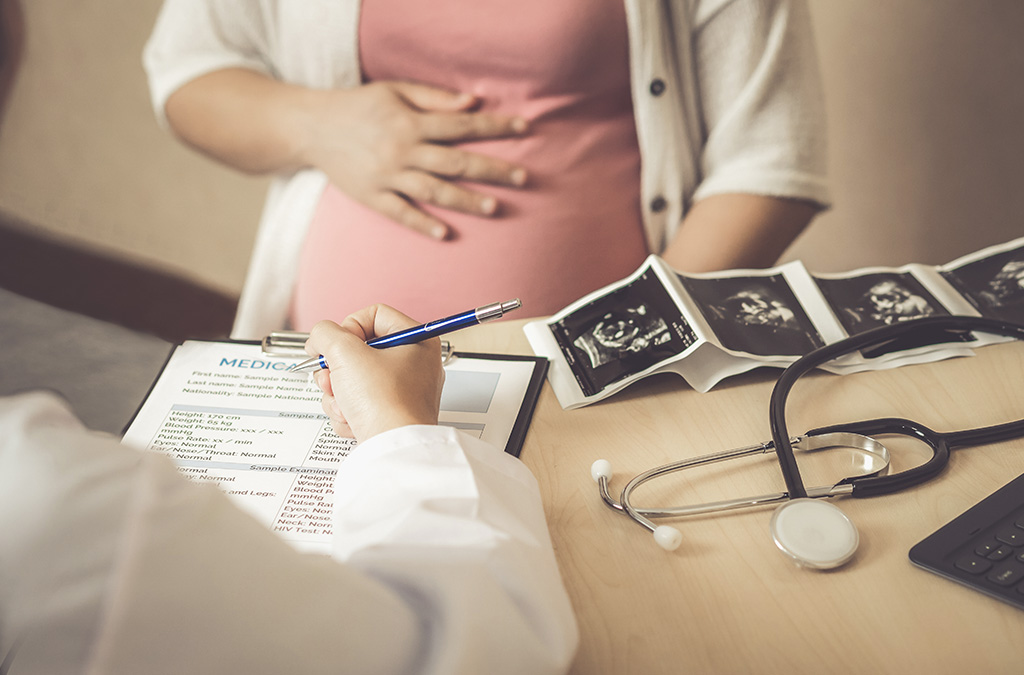
Apr 15, 2016 | Atlantic Reproductive's News, Blog
If you’re pregnant or trying to become pregnant, the recent news coverage of the Zika virus — and its link to birth defects in infants born to mothers who have the virus — may be a concern for you. While there’s currently no vaccine to prevent the virus, there are...

Nov 14, 2014 | Blog, Fertility Treatment
When choosing a fertility treatment pathway, there are many factors to consider including the head, the heart, the body, and the pocket book. While each individual person has different feelings and level of comfort with each treatment, knowing the success of each...

May 24, 2014 | Assisted Reproductive Technology, Blog
If you are unable to carry a pregnancy to term, working with a gestational carrier may be an option for your family. What is a Gestational Carrier? A gestational carrier, also known as a gestational surrogate or gestational mother, is a woman who carries and gives...

Apr 23, 2014 | Blog, Fertility Diagnostics, Fertility in Women, Fertility Treatment
What is the HSG Test? The hysterosalpingogram (HSG test) is a valuable diagnostic tool that allows your reproductive endocrinologist to see the inside of the uterus and Fallopian tubes. Since fertilization occurs in the Fallopian tubes, it’s essential that these...

Feb 14, 2014 | Blog, Egg Donation and Donors, In-Vitro Fertilization
If you have decided to use in vitro fertilization (IVF) to conceive a child, you can use your own eggs or the eggs of a donor. Because egg quality declines as you age, using donor eggs is especially helpful for older women with low egg number, women who are not...






